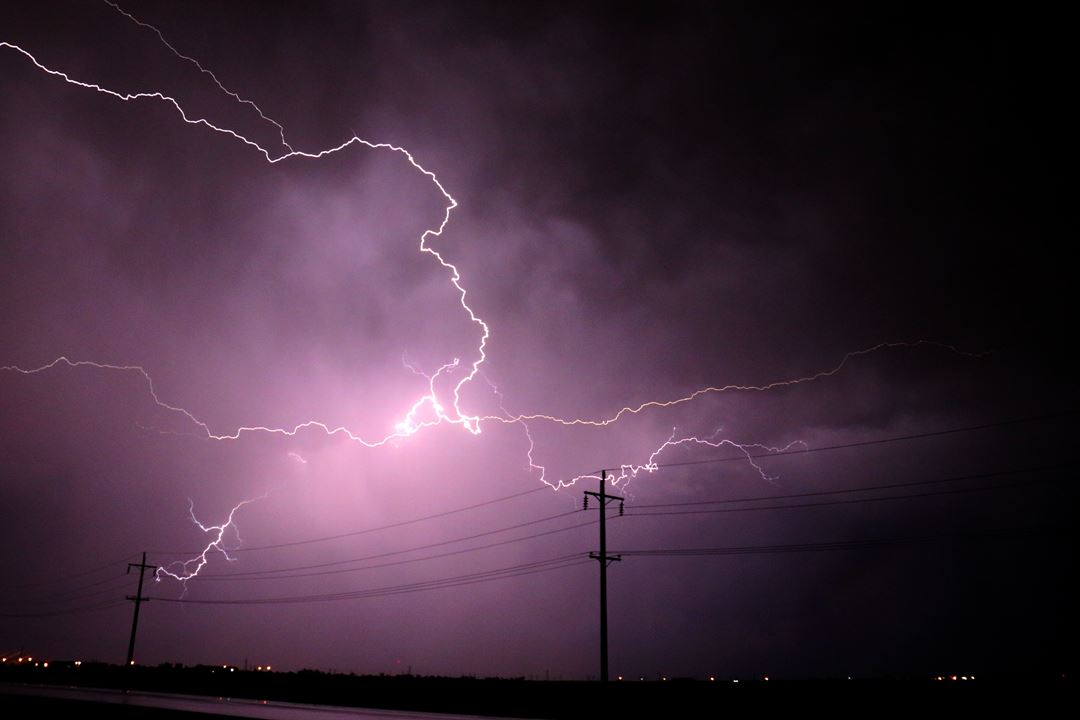Using Machine Learning to Predict Power Quality Fluctuations

Description
Background
Large-scale industrial systems driven by electrical motors can be sensitive to fluctuations in power quality. If subjected to sudden voltage drops, they may trip, and cease to operate causing potential downtime for the process they are a part of. This downtime can incur large costs for equipment operators. If power quality disturbances can be predicted, the equipment could be proactively shut down or brought into conservative operating envelope capable of handling the predicted fluctuations. This could mitigate damage and downtime.
Experience from equipment operators suggests that power quality is sensitive to weather. Initial modelling indeed suggests that it is possible to predict voltage drops by combining meteorological, topographical, and power quality data. However, these models are based on artificially balanced data and only considered voltage drops as caused directly by weather.
Outline of the work
Initially, the thesis work will aim to reproduce our original results [1]. The work will then be extended by working with realistically unbalanced datasets, experiment with constructing new features from existing data (different meteorological parameters, their time lags, and geographical distribution), as well as introduce new data sources (e.g., constructing additional features from current, voltage, and active/reactive power; inclusion of lightning predictions). New model architectures (e.g., LSTMs) may also be explored. To gain insight into the underlying features that drive outages, we will also apply techniques from explainable AI to explore feature importance for our predictions.
Learning Outcome
You will become familiar with (a) data used in power systems monitoring, (b) supervised machine learning techniques, (c) explainable AI techniques, and (d) work with (heavily) imbalanced field data.
Prerequisites
To hit the ground running, you should have passing familiarity with (a) the Python Data Science stack, (b) supervised machine learning algorithms, and (c) understand how to evaluate models. Prior exposure to explainable AI and an understanding of power grids may be helpful, but is not required.
References
[1] Unpublished. We used raw meteorological data on event lists. Datasets were balanced.
